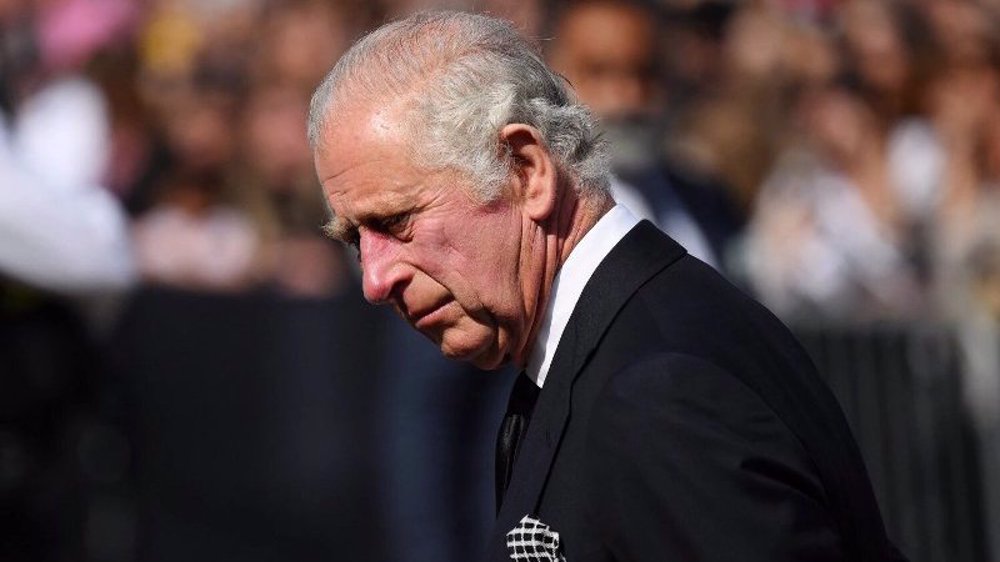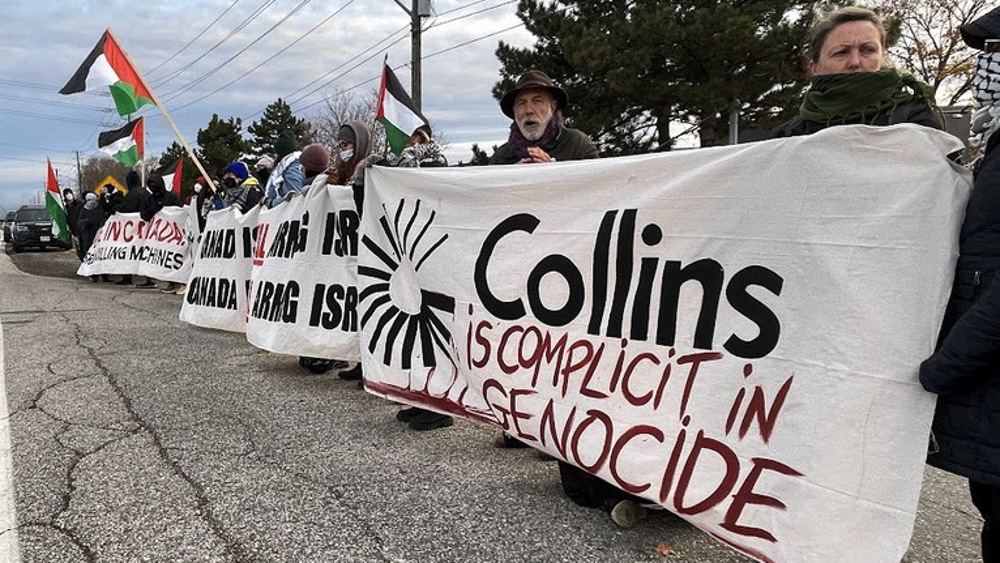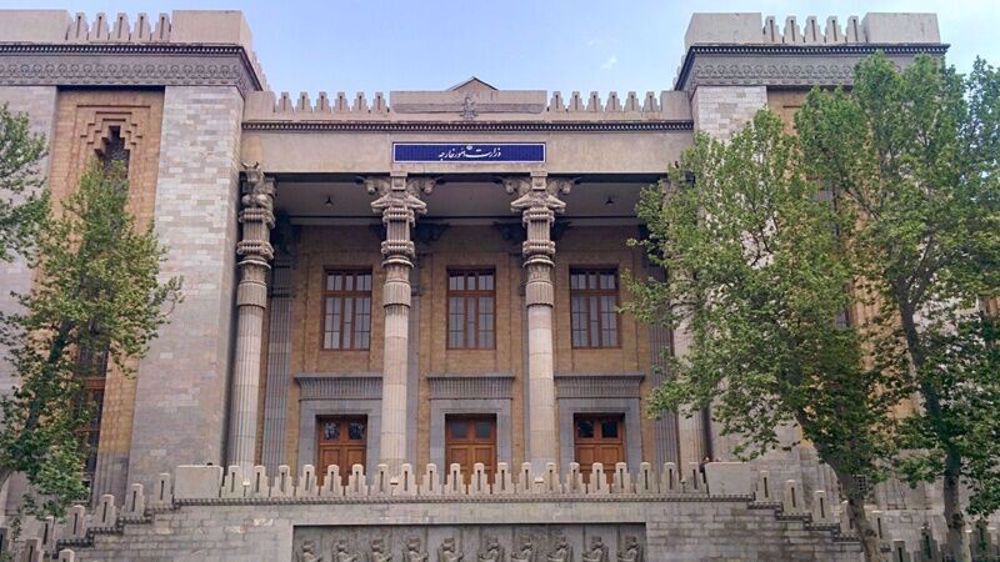Diaz-Canel becomes Cuba's Communist Party chief, says will continue to seek Castro's guidance
Cuba's ruling Communist Party has elected President Miguel Diaz-Canel to replace Raul Castro as its leader -- the most powerful position in the Caribbean island nation, that was held by the Castro brothers for six decades.
Diaz-Canel was elected as the Communist Party’s first secretary on the final day of the party's 8th congress on Monday.
The 60-year-old Diaz-Canel, who already succeeded Castro as president in 2018, has emphasized continuity since he took office and is expected to retain Cuba’s one-party socialist system.
“Comrade Raul ... will be consulted on the most important strategic decisions of greatest weight for the destiny of our nation. He will always be present,” Diaz-Canel told hundreds of delegates in his first speech as party chief.
Castro would also continue to dispense guidance and “alerts in the face of any error or deficiency,” he added.
Fidel and Raul Castro led Cuba's leftist 1959 revolution that toppled the US-backed dictator Fulgencio Batista.
The succession marks a transition to a younger generation that worked its way up the party ranks rather than forging itself through guerilla warfare.
"Diaz-Canel is not the fruit of improvisation but of the thoughtful selection of a young revolutionary who has all that is required to be promoted to higher positions," Castro said in a speech opening the congress on Friday.
The election of Diaz-Canel came as part of a broader reshuffle of the party’s political bureau at the four-day congress.
The new policy-setting bureau will not include Jose Ramon Machado Ventura, 90, and Ramiro Valdes, 88, two other famous members of the "historic generation" of revolutionary veterans.
The only person from the historic generation to remain on the 14-member bureau is the 77-year-old defense minister, Álvaro López Miera.
Chinese President Xi Jinping was among the first world leaders to congratulate Diaz-Canel on his election as First Secretary of the Communist Party of Cuba.
In his Monday's speech, Diaz-Canel said the economy, which is hit by new US sanctions and the COVID-19 pandemic, had shown itself to be durable.
Cuba has preserved social achievements – such as universal healthcare and education - while showing solidarity with other countries during the pandemic, sending them doctors, he said.
Cuba and the US had severed relations in 1961 during the Cold War, two years after the two countries became ideological foes following the Cuban Revolution, which brought the late Fidel Castro to power.
In July 2015, the US under ex-president Barack Obama restored diplomatic relations with Cuba. However, his successor, Donald Trump, began to partially roll back the historic rapprochement as soon as he took office in early 2017.
The US has also stepped up its sanctions against Cuba as a punishment for its support for the legitimately-elected government in Venezuela.
Diaz-Canel also warned dissident artists and journalists, who have been staging provocative performances or small protests as part of what Cuba calls a new onslaught of US-backed soft coup attempts, that the nation's "patience has limits."
“Those lumpen mercenaries who make money on the back of the destiny of all, those who call for invasion, those who continuously offend in words and acts ... would be well advised that this people’s patience has limits,” he said.
VIDEO | Press TV's news headlines
Iran FM: Response to Israeli aggression 'inevitable'
VIDEO | Iran eases the rules for exporting hand-woven carpets
VIDEO | Intl. Day for the Elimination of Violence against Women: A stark reminder of Gaza women
Australia denies ex-Israeli minister Shaked visa
VIDEO | 85% of Yemeni displaced people face daily hunger crisis
US House passes bill targeting charities and pro-Palestine groups
VIDEO | Supporting Gaza genocide









 This makes it easy to access the Press TV website
This makes it easy to access the Press TV website